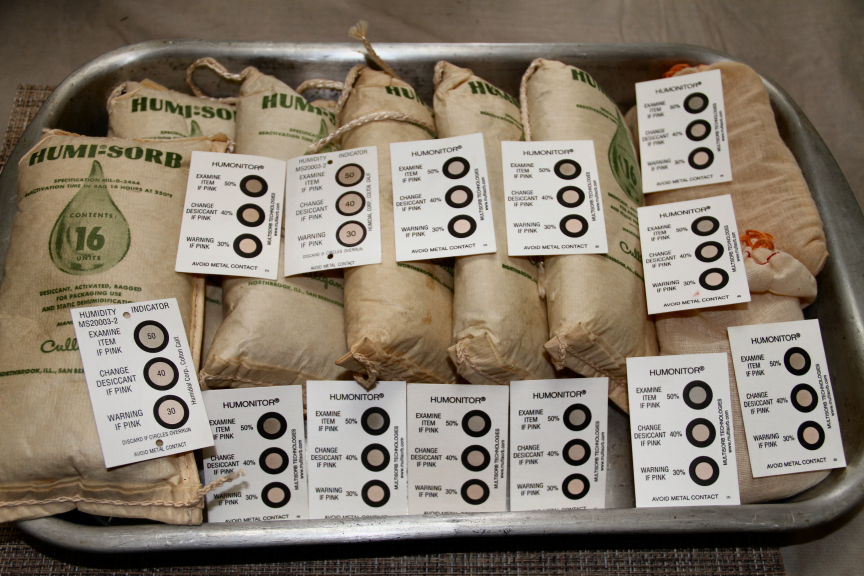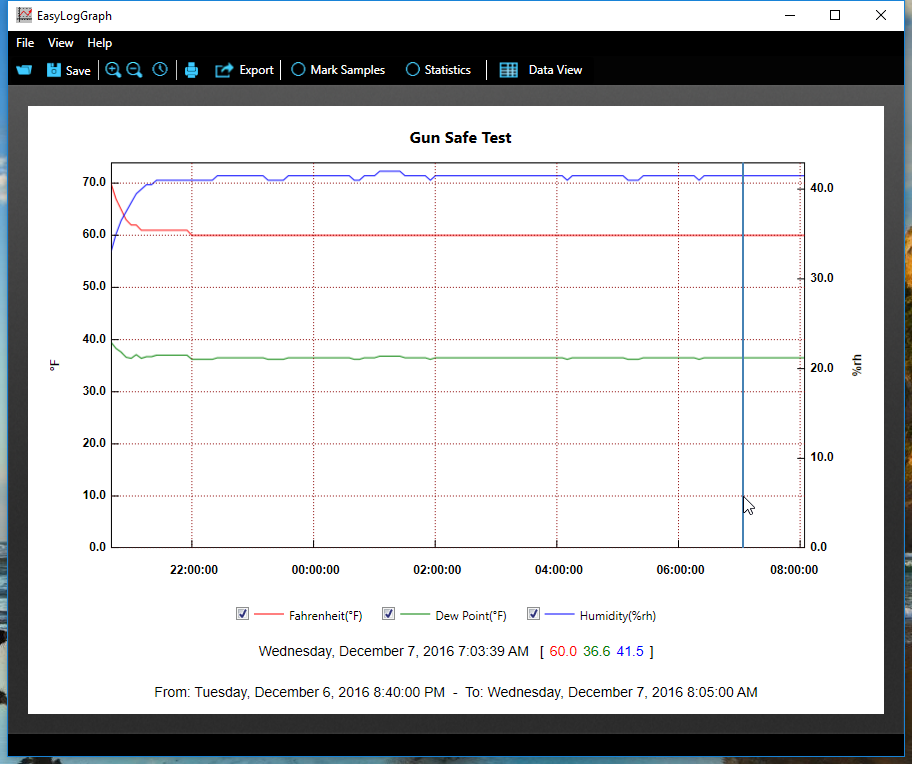JTReloader
Inactive
Well my first post was in the wrong section, I hope I got it this time! Let me know if I'm not in the reloading section.
I'm just starting out reloading and built myself a nice bench. My biggest issue was how to store my powder. I ended up incorporating a small cabinet in the shells of my bench that would easily allow for pressure to escape in the event of a fire AKA no bomb I'm concerned with mouistire though. The bench is in my garage, one room over from the heat source. I was wondering what you guys might advise for keeping my powder and primers moisture free. I've thought about baking soda sitting in with the powder, but I've seen things like Damprid at Home Depot. Thanks in advance!!!
I'm concerned with mouistire though. The bench is in my garage, one room over from the heat source. I was wondering what you guys might advise for keeping my powder and primers moisture free. I've thought about baking soda sitting in with the powder, but I've seen things like Damprid at Home Depot. Thanks in advance!!!
I'm just starting out reloading and built myself a nice bench. My biggest issue was how to store my powder. I ended up incorporating a small cabinet in the shells of my bench that would easily allow for pressure to escape in the event of a fire AKA no bomb


